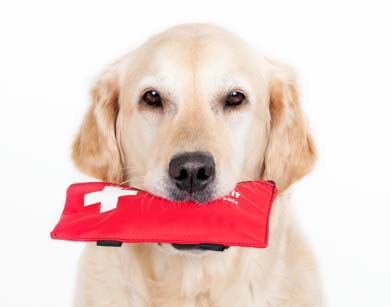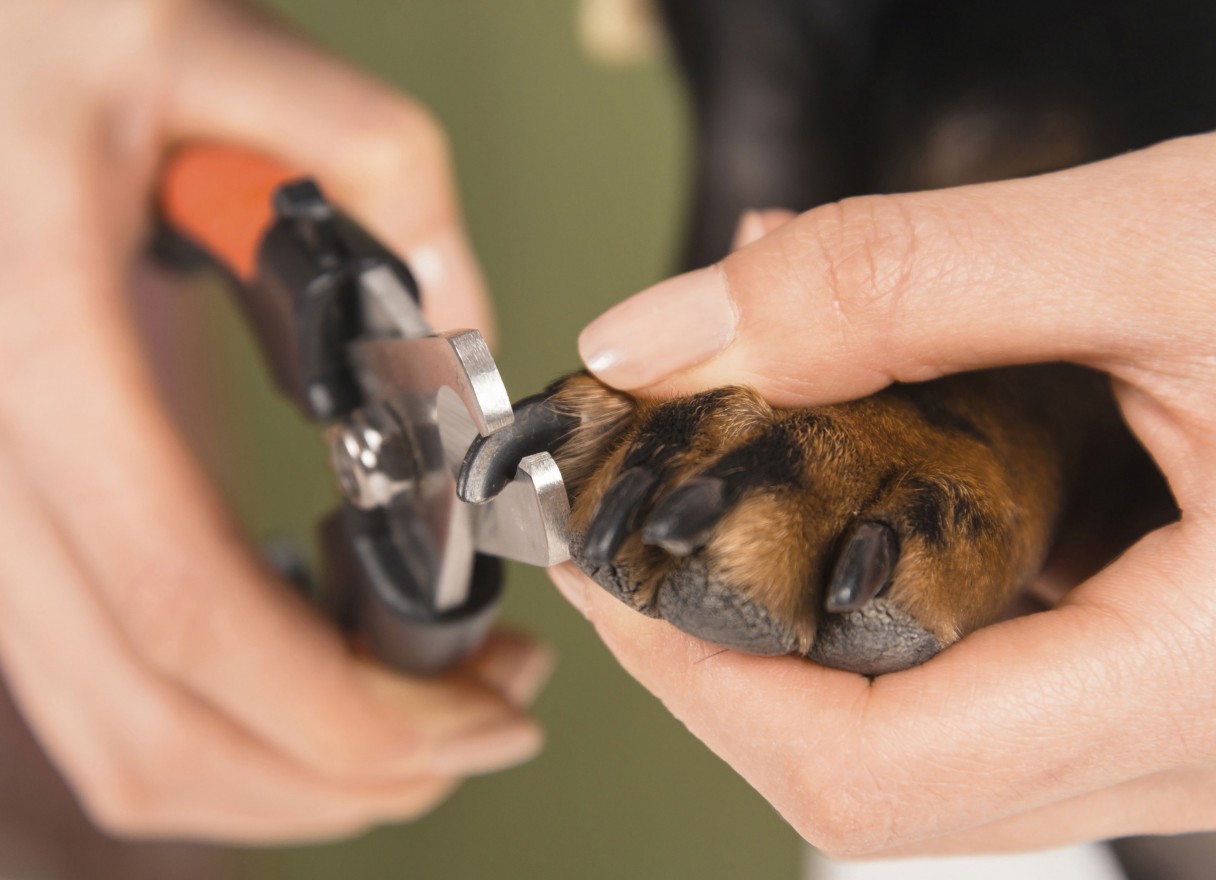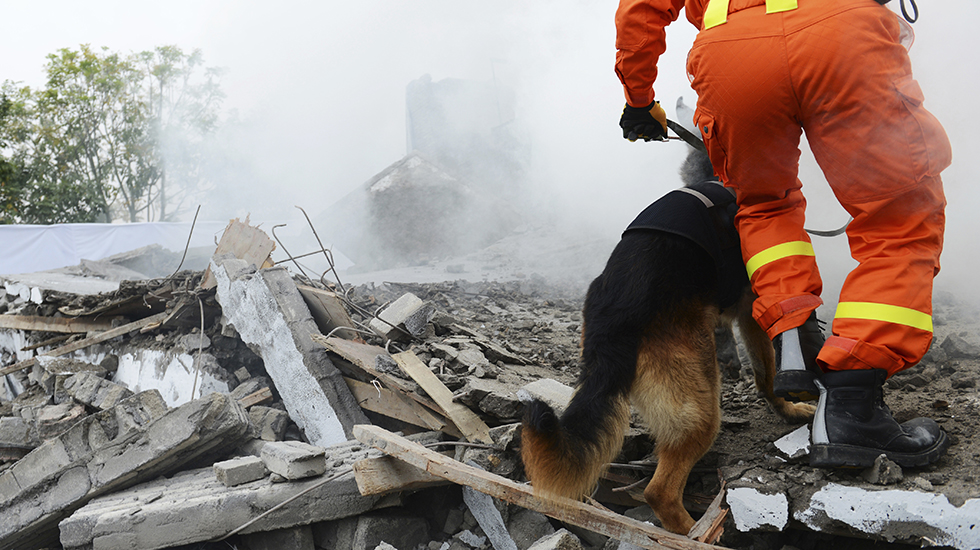What do people love most about dogs? Pet owners love to cuddle, hug, tickle, wrestle, play, kiss, and stroke them, especially those with silky and smooth furs. Petting your dog actually gives them some emotional and health benefits, making them feel more important and attached to you as the owner. They become less aggressive and more lovable. But do you often think about the health condition of your dog's fur? It is obviously the most exposed part of your pet. And whether you like it or not, your dog's fur carries elements that are not only itchy to your nose, but also harmful to you and your dog's health as well.
Among the most serious problems related to dog fur are ticks and fleas. These nasty pests thrive on the ground or on other animals. Your pet acquires these organisms every time you go outdoors. When fleas get stuck on your pet's fur, they will turn it into an incubator for their eggs. These eggs fall off on your sofa, carpet, pillows, and beds, which inevitably will lead to dreadful human contact. The presence of these ticks and fleas will also cause irritation on your dog's skin. Itching and scratching will lead to sores and cuts, and eventually, skin infections.
While it may be difficult for you and your animal to avoid contact with outdoor objects, the best line of defense that you can do is to prevent the development or presence of ticks and fleas. Keep your backyard and front yard clean. Regularly keep your house dirt-free and disinfected. This way, you are giving these ticks and fleas a controlled environment where they cannot thrive.
It pays if you regularly vacuum your house, especially your carpets. Do not leave the crevices and corners unclean. Give your pet dog a regular combing, preferably twice a week. If you scour fleas on the comb, kill these organisms by drowning them in hot water with soap. Regularly bathe your dog. Change your pet's blankets, pillows, and bedding on a weekly basis. Do not store grass clippings or wet leaves in the garbage bin, as these become breeding grounds for ticks and fleas.
To avoid getting ticks, keep away from long grasses and thick shrubs. Use powder, dips, or sprays that contain pyrethrins, linalool, D-limonene, permathrin, or other types of insecticides. If ticks leave wounds on your dog's skin, immediately apply disinfectant or anti-inch cream. Bring your dog to the veterinarian for further check-ups. Ticks and fleas may carry certain type of diseases, which are harmful not only to your dog, but also to humans.
Article Source: http://EzineArticles.com/?expert=Joseph_M_Sabol

 Safely Enjoy the Football Game with Your Dog: Beware 13 Dangerous Foods
Safely Enjoy the Football Game with Your Dog:
Safely Enjoy the Football Game with Your Dog: Beware 13 Dangerous Foods
Safely Enjoy the Football Game with Your Dog:
 Dangerous Foods for Dogs
It’s only natural for dogs to
Dangerous Foods for Dogs
It’s only natural for dogs to
 Dog Grooming Supplies for Easy Maintenance
Grooming doesn’t have to be a
Dog Grooming Supplies for Easy Maintenance
Grooming doesn’t have to be a
 8 Tips to Keep Your Pet in Tip -Top Shape this Winter
8 Tips to Keep Your Pet in Tip -Top Shape thi
8 Tips to Keep Your Pet in Tip -Top Shape this Winter
8 Tips to Keep Your Pet in Tip -Top Shape thi
 Evacuation: Caring for Your Dog During a Fire or Natural Disaster
Responsible dog owners are prepared
Evacuation: Caring for Your Dog During a Fire or Natural Disaster
Responsible dog owners are prepared